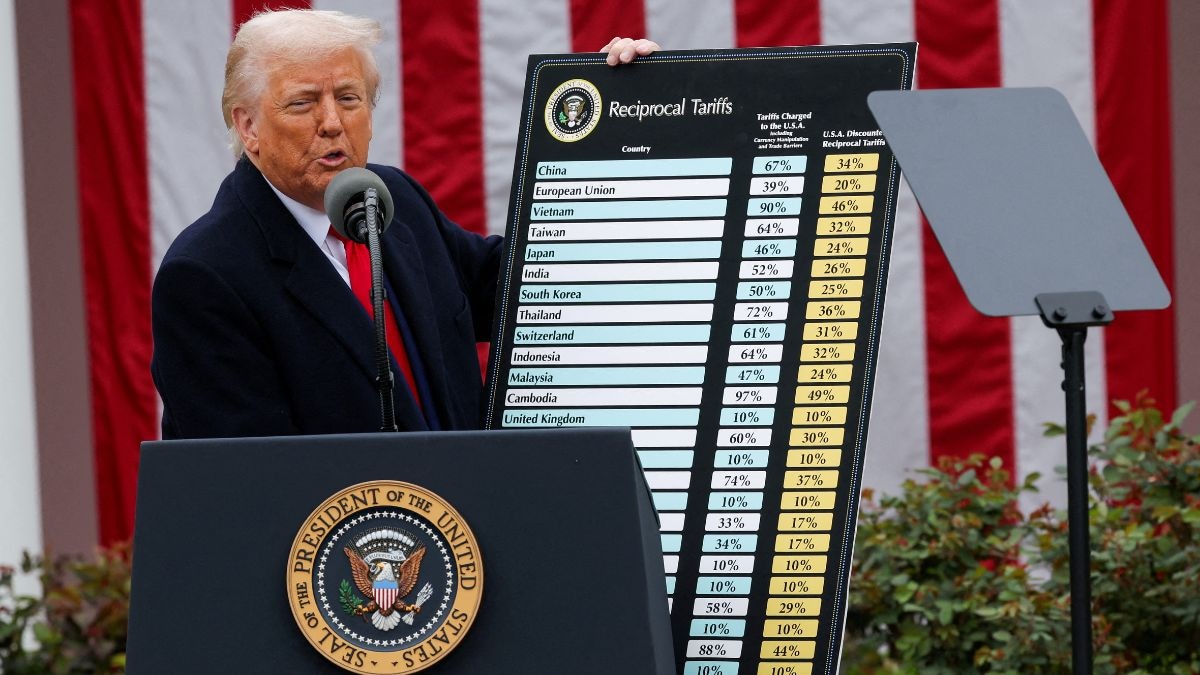‘Coercive trade policies are not a sustainable solution to today’s trade tensions,’ European Central Bank President Christine Lagarde said without mentioning Trump’s nameread more
European Central Bank President Christine Lagarde on Wednesday (June 11) warned that coercive trade policies risk damaging the global economy and called for more cooperation among countries despite geopolitical differences. She said that being a bully on global commerce has no long-term advantages
Speaking at the People’s Bank of China in Beijing just hours after the United States and China announced a preliminary agreement aimed at easing trade tensions, Lagarde said protectionist measures fail to address the root causes of imbalances and could undermine long-term prosperity.
“Coercive trade policies are not a sustainable solution to today’s trade tensions,” she said.
Although Lagarde did not mention US President Donald Trump by name, her remarks came as global markets continue to assess the implications of his tariff policies. Trade friction between Washington and Beijing has intensified during Trump’s presidency, largely due to repeated rounds of tariffs. European officials have expressed concern that renewed US tariffs could target European goods in a second Trump term.
“To the extent that protectionism addresses imbalances, it is not by resolving their root causes, but by eroding the foundations of global prosperity,” Lagarde said. “And with countries now deeply integrated through global supply chains — yet no longer as geopolitically aligned as in the past — this risk is greater than ever.”
Lagarde, who served as France’s trade minister earlier in her career and later led the International Monetary Fund, called on both surplus and deficit countries to “take responsibility and play their part” to maintain global economic stability.
“If we are serious about preserving our prosperity, we must pursue cooperative solutions — even in the face of geopolitical differences,” she said.
Her remarks also addressed the growing use of export controls in global trade. Talks between the US and China in London earlier this week highlighted the increasing role of strategic resources in trade disputes, including access to rare earth elements and semiconductors critical to advanced manufacturing.
China currently dominates global supply chains for many of these resources, which are essential in producing technologies such as electric vehicles, lasers, and smartphones.
“Given national security considerations and the experience during the pandemic, a certain degree of de-risking is here to stay,” Lagarde said. “Few countries are willing to remain dependent on others for strategic industries.”
The preliminary agreement between Washington and Beijing marks a rare step toward easing tensions, but analysts caution that fundamental disagreements remain, particularly in sectors deemed vital to national security.
